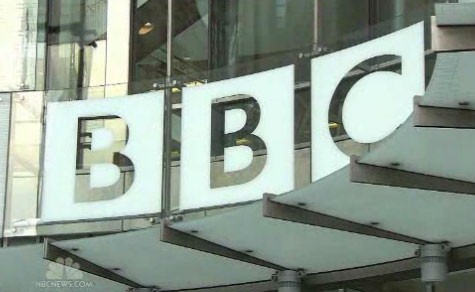 “Subsidarity” is a buzzword for an old idea: that a matter should be handled by the authority closest to the action that is capable of addressing it effectively. Its fuzzy opposite is “bureaucracy:” that in order for matters to be addressed with competence in an equitable, standard way, a centralized authority must approve decisions.
“Subsidarity” is a buzzword for an old idea: that a matter should be handled by the authority closest to the action that is capable of addressing it effectively. Its fuzzy opposite is “bureaucracy:” that in order for matters to be addressed with competence in an equitable, standard way, a centralized authority must approve decisions.
From the view of Compression Thinking, what we want is a fast learning organization. Its structure should support that objective.
However, clashes between polar opposites rage in institutions from corporations to the Catholic Church – even in families (parish responsibility vs. Papal bulls, or just-do-it vs. mother-may-I). Individuals can swing from one pole of this argument to the other depending on the organization they apply it to. Recent tribulations of the British Broadcasting Corporation are a classic case of bureaucratic system failure – if their structure really caused their failure. Of course, vindictive minded people blame culprits without considering either organizational structure or processes.
Credible journalism builds trust over time. News isn’t entertainment, although newscasts often end with a chuckle. Credible journalism reports what people need to know, not what they like to see. One serious mistake weakens this trust. Digging out objective reports is tough. Facts are often buried in secrecy, and unfolding of evidence depends on validating hearsay. Rumors are not news. Disclosing facts can embarrass the mighty, offend the many, and be fatal to some. Deciding what is known, partly known, and what to disclose is a weighty matter when reporting has big consequences. Easily made errors can quickly undermine credibility, and it’s tempting to sacrifice credibility pursuing other interests. Obvious infomercials and propaganda recitals like to ride on the coattails of a reputation for objectivity. Hard news in a world of slippery facts makes for decisions beset by uncertainty.
The 90-year old BBC has long been one of the best. Its newscasts can be heard in many parts of North America. Anyone can access its web pages. But “the Beeb’s” government funding has steadily eroded, so it has had to shed employees, take on advertising, and “behave more like a business.”
Scandals are shaking the BBC. In recent years the BBC bureaucracy became a thicket of guidelines, oversight, and signoffs. These safeguards failed to prevent major lapses. The Beeb failed to report sexual predation by one of its own employees and wrongly reported that a cabinet minister in the former Thatcher government was a pedophile. Heads are still rolling at the BBC.
The BBC has to be a fast learning organization no matter how it is structured – steep hierarchy or very flat. In any case, the capability desired is to ask the right questions about a news story before it goes out and act on the responses to them. Up to a point, judgment sharpens with experience, but funneling decisions to a few “experienced experts” also creates bottlenecks in a time-sensitive operation.
Reading guidelines for editing does not compensate for experience actually applying them when decisions are charged with emotional fire. Learning from a case like the BBC, a good exercise for readers is contemplating how to advance better editorial learning, faster, and among more people. Would collective editing decisions at the journalist level be more effective? How could journalists be developed to do this better? Could collective editing work under time pressure?
Can you apply any lessons from the BBC mess to your organization?
